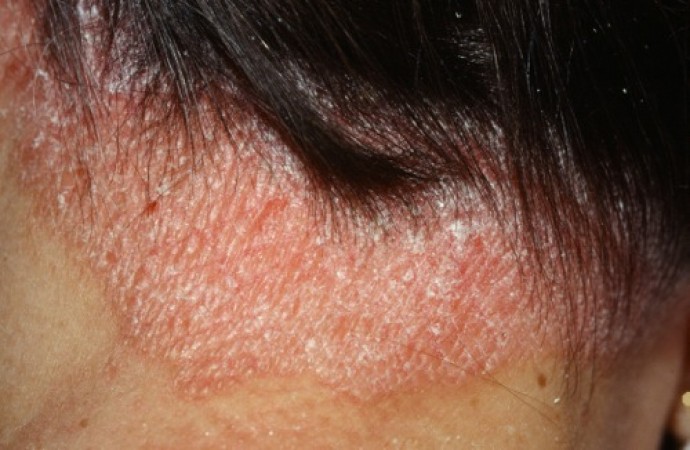
Psoriasis is a chronic skin condition that affects millions of people worldwide. While conventional medical treatments are commonly prescribed, many individuals seek alternative therapies like homeopathy to alleviate their psoriasis symptoms. In this article, we will delve into the world of homeopathic treatments for psoriasis, examining their effectiveness and safety.
Before we delve into homeopathic treatments, let's first understand psoriasis itself. Psoriasis is a non-contagious autoimmune disorder that leads to the rapid growth of skin cells. This overproduction results in thick, scaly, and often itchy patches of skin, known as plaques. Psoriasis can affect various parts of the body and may have a significant impact on a person's quality of life.
Homeopathy is a holistic and alternative approach to medicine. It is based on the principle of "like cures like" and the concept that highly diluted substances can stimulate the body's natural healing abilities. Homeopathic remedies are prepared through a process of serial dilution and succussion (vigorous shaking) and are known for their minimal side effects.
One hallmark of homeopathy is its focus on individualized treatment. Homeopathic practitioners assess not only the physical symptoms but also the emotional and mental aspects of a person's health. This comprehensive approach aims to treat the whole person rather than just the disease.
Now, let's explore the specific homeopathic treatments that are commonly used to manage psoriasis symptoms.
Graphites is a homeopathic remedy often recommended for psoriasis with thick, dry, and cracked skin. It is particularly beneficial for individuals with psoriasis on the palms and soles of the feet.
Sulphur is another frequently prescribed remedy for psoriasis. It is suited for those with red, itchy, and burning skin, especially when symptoms worsen with heat and improve with cold applications.
Rhus Toxicodendron is indicated for psoriasis with intense itching, and it's often recommended when the condition is aggravated by cold and damp weather.
Arsenicum Album is used for psoriasis with burning sensations and restlessness. It's also beneficial for individuals who experience anxiety and fear.
Sepia is a remedy that may be considered when psoriasis is accompanied by hormonal imbalances, such as in women experiencing menopause.
Lycopodium is prescribed for psoriasis with digestive issues and may benefit individuals who have a craving for sweets.
The effectiveness of homeopathic treatments for psoriasis remains a subject of debate. Some individuals report positive outcomes, citing symptom improvement and better overall well-being. However, scientific evidence supporting these claims is limited.
If you are considering homeopathic treatment for psoriasis, it's crucial to consult with a qualified homeopath. They can assess your specific case and recommend individualized remedies.
Homeopathic treatments should not be used as a sole replacement for conventional medical care. They can be complementary and used alongside prescribed medications under the guidance of a healthcare professional.
Keep in mind that individual responses to homeopathy may vary. It's essential to monitor your progress and communicate regularly with your homeopath.
While homeopathic treatments for psoriasis are widely sought after, their effectiveness is not conclusively proven. Nevertheless, some individuals find relief and improved quality of life through these remedies. As with any healthcare decision, it's essential to consult with a healthcare professional and make informed choices that align with your specific needs and preferences.
In summary, homeopathic treatments for psoriasis offer a holistic approach to managing the condition, but their efficacy varies from person to person. Always prioritize consultation with a qualified healthcare provider for a comprehensive treatment plan.
Say Goodbye to Neck Pain: Easy Exercises for Relief